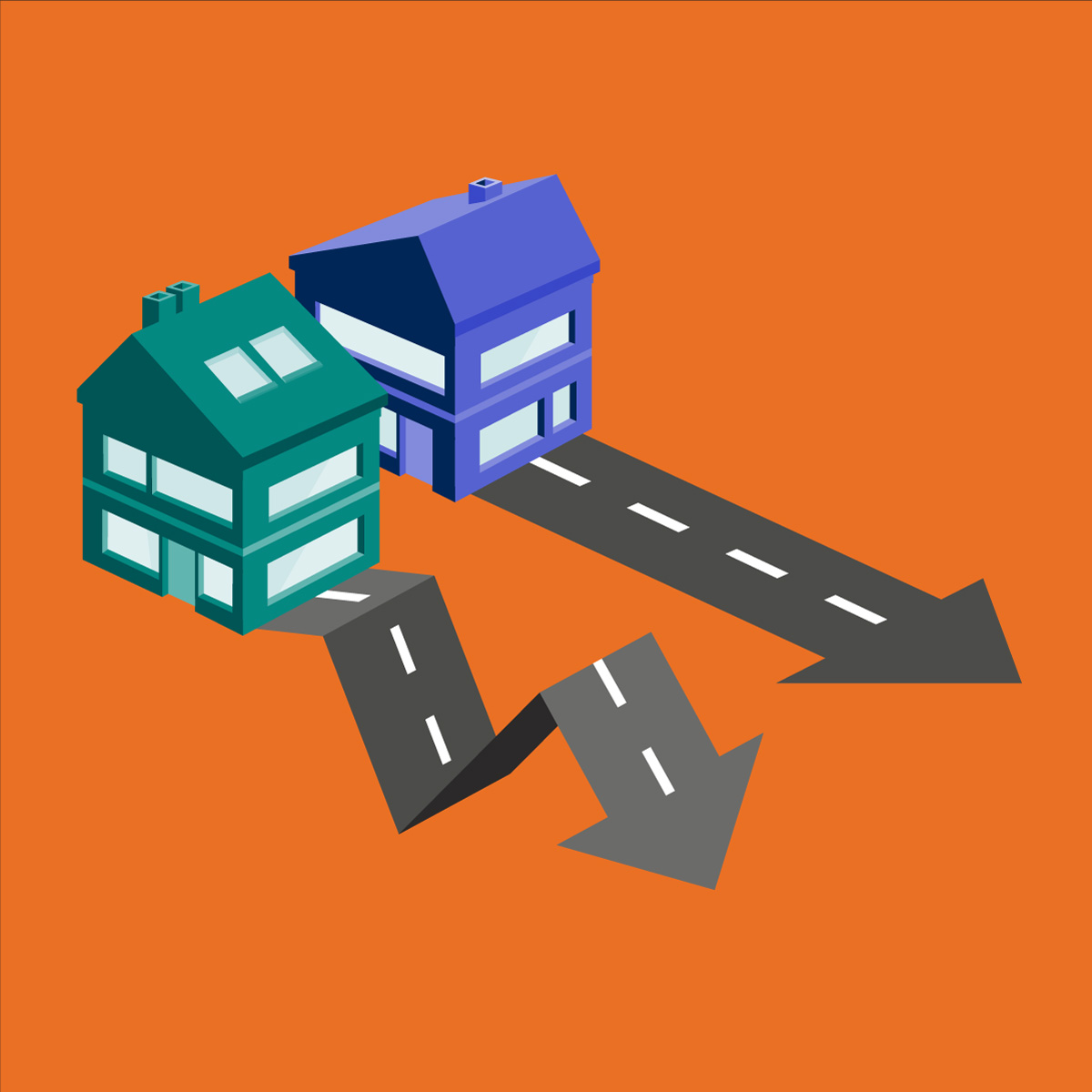How to access money in difficult times
We're living in a world of inflated prices, high interest rates and sky-high housing costs. In the last four years, food costs went up by 18%. In the past two years, average rents in Canada have increased by 20%, while over the past two decades, home prices have increased by 375% nationwide. While some of us have enough money to cover our bills, others have trouble making ends meet, even after taking steps to minimize expenses.
If you're struggling, how can you access money in difficult times?
The first and best source of cash is an emergency fund, which typically has 3-6 months of expenses set aside in a separate savings account. If you have an emergency fund and you do need to dip into it, you can replenish it down the road when your financial situation improves.
According to Statistics Canada, one in three Canadians say they are living in a household that is experiencing financial hardship. And only 26% reported that their household had the resources to cover an unexpected expense of $500.
However, if you don't have emergency savings, there are other ways to access money in difficult times, with pros and cons associated with each:
1. Postpone spending: If you were saving towards a vacation or another specific goal, consider postponing. Instead, you can use the available cash from your vacation (or other) fund on immediate needs and rebuild the fund in the future.
2. Collect benefits: If you've lost your job, you may qualify to apply for Employment Insurance (EI) benefits.
3. Borrow what you need: If you borrow money from family members or friends, there can be pitfalls. If not managed well, this can lead to difficulties and awkwardness in the relationship, so try to agree on terms everyone can live with and then stick to the repayment plan.
4. Sell investments: If you sell off investments held in your personal non-registered investment account, bear in mind that selling may trigger capital losses or gains. Examples include money market funds, publicly traded stocks and bonds, mutual funds and exchange traded funds (ETFs).
5. Sell other assets: If you have valuable items that are under-utilized, like a car, consider selling them to generate cash. You can use public transit or ride-sharing instead, and you may be able to rent out your empty parking spot to bring in even more money.
6. Rent: Similarly, if you have an unused basement or empty room in your home, consider renting it out to a trustworthy tenant, provided you're able to do this in your municipality.
7. Withdraw: If you withdraw funds from a Tax-Free Savings Account (TFSA), you won't pay any tax. Since TFSAs were designed to be flexible, you can re-contribute the amounts withdrawn in the following year, in addition to the annual maximum, to get back on track. However, if you sell an investment, like a stock, that has declined in value, you will realize a loss
8. Cash in: Depending on the circumstances, you may be able to cash in a Guaranteed Investment Certificate (GIC) early. Since a regular GIC can't be cashed in or redeemed before the maturity date, you may have to demonstrate financial hardship before you can do so. Even then, redemption is at the discretion of the issuing institution, who will likely charge you a fee or penalty. Also, even if you only need some of the money, you may have to take it all out, and you may lose some or all of the accrued interest.
9. Apply for credit: If you qualify for a line of credit (or personal loan), the interest rate will typically be lower than on a credit card, and you only pay interest or make payments on a line of credit if you use it. However, with interest rates at higher levels these days, it will cost you more to borrow money, so try to repay any debt within a reasonable period of time.
- A home equity line of credit allows you to borrow against the equity you've built in your home at rates lower than unsecured loans. You can draw funds as needed, pay off the line and then use it again without reapplying.
- A home equity loan is a fixed lump sum you borrow with a fixed repayment schedule of both principal and interest. Keep in mind that in the current environment of high interest rates, it is more costly to service any debt. Furthermore, with lenders tightening their lending criteria, it may become more difficult to qualify or refinance in the future. Plus, it bears repeating that when taking on any debt, you do need a plan to repay it within a reasonable time.
Know the consequences
- If you're considering withdrawing funds from your Retirement Savings Plan (RSP), keep in mind the downsides. By selling an investment like stocks, you may be locking in losses, and there are tax consequences when you take these amounts into income. A withholding tax of between 10% and 30% is applied to your RSP withdrawal, but ultimately, the tax you pay will depend on your personal tax situation and could be more (or less) than the amount withheld. Furthermore, you can't re-contribute amounts you've withdrawn.
- Use credit cards responsibly. Interest rates at around 20% or more mean the balance owing will grow significantly if you can only make the minimum payment.
- Be aware of the dangers of payday loans, which aren't a recommended way to borrow funds because of the high rates of interest charged.
- Finally, think twice before paying for purchases with Buy Now Pay Later (BNPL) services. These companies let you spread out your payments over, say, four instalments. If you pay according to a fixed, scheduled, pre-authorized debit model and pay everything off according to schedule, your purchase is usually interest-free. But if you miss a payment with some services, it could result in interest charges and fees.









